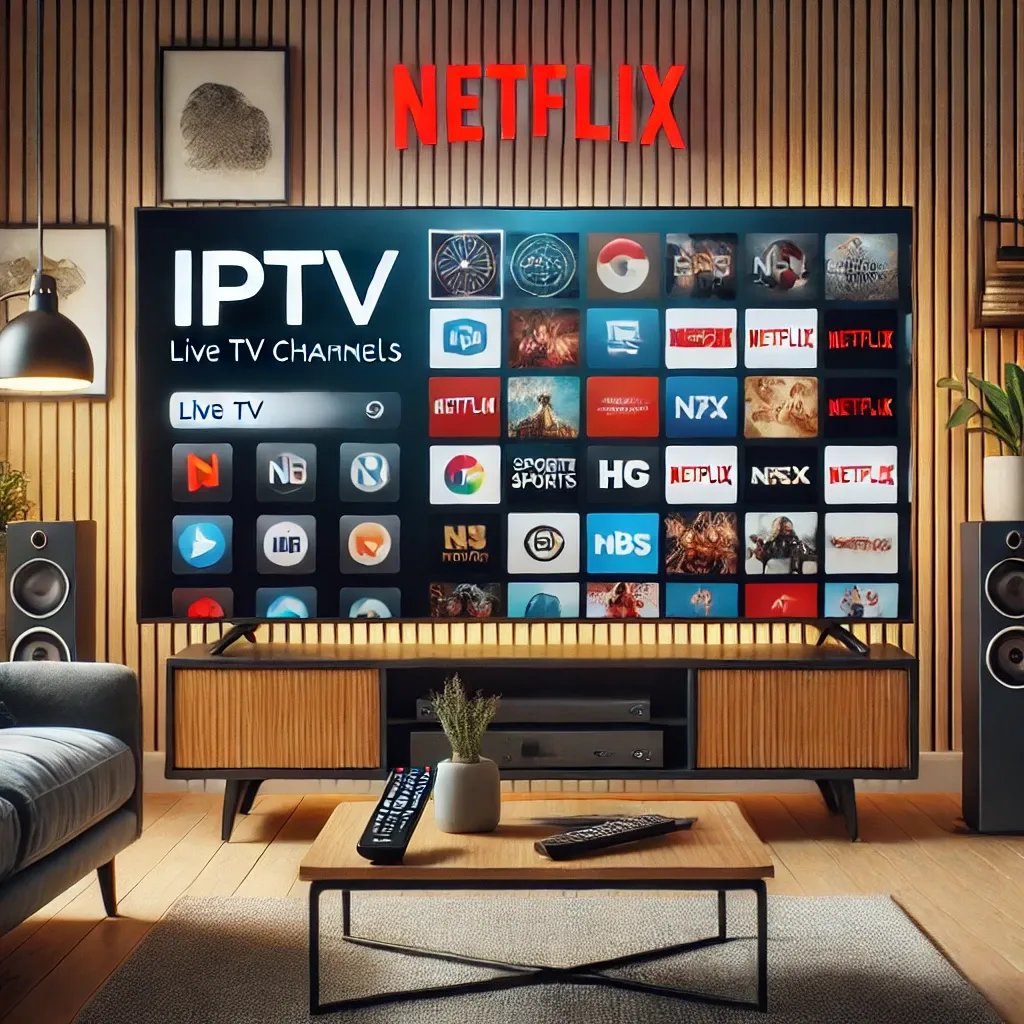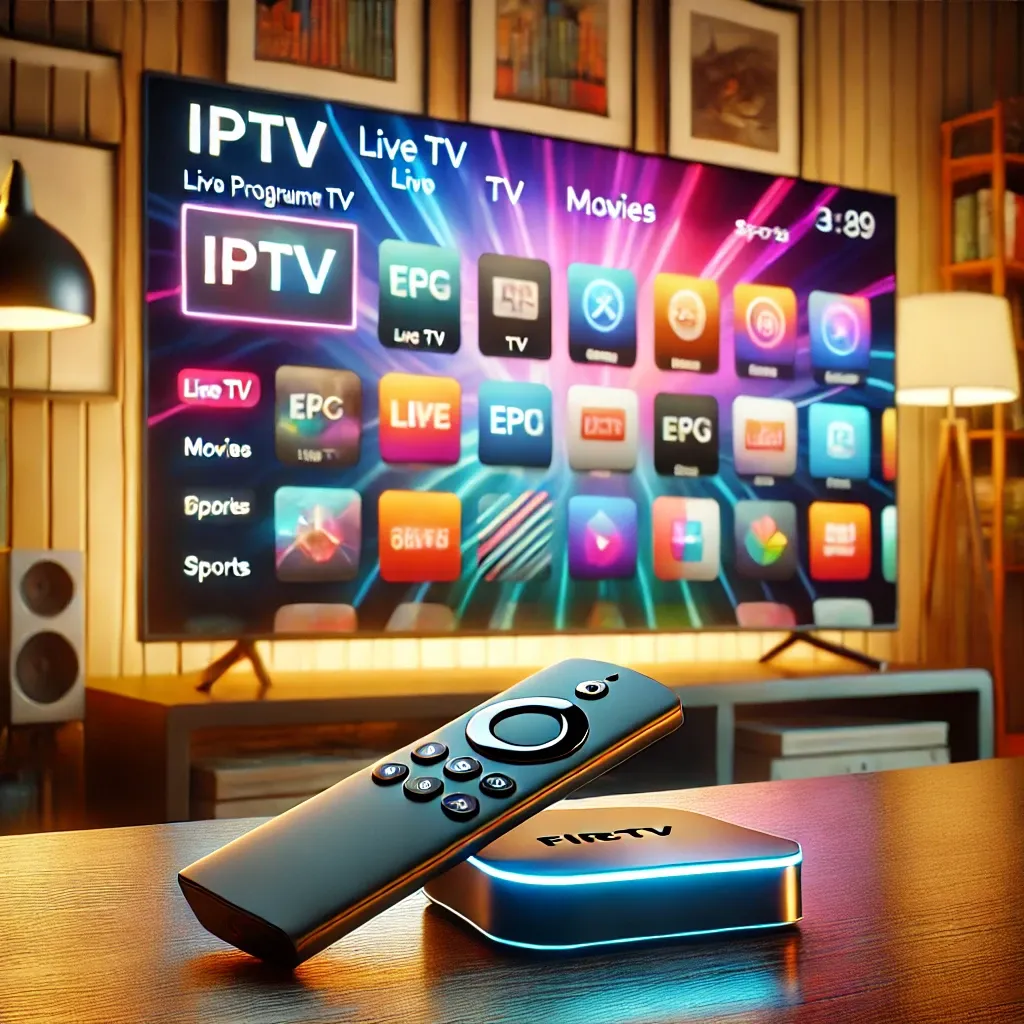
In the ever-evolving landscape of television and entertainment, a new player has emerged that is changing how we consume media: IPTV. But what exactly is IPTV? In this article, we will explore what IPTV is, how it works, its advantages, and why it is becoming a popular choice for viewers around the world.
What is IPTV?
IPTV, or Internet Protocol Television, is a system where television services are delivered using the Internet protocol suite over a packet-switched network such as a LAN or the internet, instead of being delivered through traditional terrestrial, satellite signal, and cable television formats.
How Does IPTV Work?
IPTV works by transmitting television content through Internet Protocol (IP) networks. Here’s a breakdown of how it operates:
-
- Content Acquisition: IPTV providers acquire content from various sources, including live TV channels, video-on-demand (VOD) libraries, and catch-up TV services.
-
- Encoding and Storage: The acquired content is encoded and stored on servers. The encoding process converts the content into a digital format suitable for streaming.
-
- Content Delivery: When a user selects a channel or video, the server delivers the content via the internet. The user’s device decodes the stream and displays it on the screen.
Types of IPTV Services
IPTV can be categorized into three main types:
-
- Live Television: This service allows users to watch live broadcasts in real-time, similar to traditional TV.
-
- Video on Demand (VOD): This service lets users choose and watch videos from a vast library whenever they want.
-
- Time-Shifted TV: Also known as catch-up TV, this service allows users to watch previously aired programs at their convenience.
Advantages of IPTV
IPTV offers numerous benefits that make it a compelling alternative to traditional television:
-
- Flexibility: Watch your favorite shows and movies anytime, anywhere, on any device with an internet connection.
-
- Wide Range of Content: Access a vast array of channels and on-demand content from around the world.
-
- Interactivity: Features like pause, rewind, and fast-forward enhance the viewing experience.
-
- Cost-Effective: Often more affordable than traditional cable or satellite TV services, offering better value for money.
-
- High Quality: IPTV can provide high-definition and even 4K quality streams, depending on the service and internet speed.
Is IPTV Legal?
One of the most common questions about IPTV is its legality. IPTV itself is a legal technology, but the legality of the service depends on the source of the content. It is crucial to subscribe to reputable IPTV providers that have the rights to distribute the content they offer. Using unauthorized services can lead to legal issues and poor service quality.
Choosing an IPTV Provider
When selecting an IPTV provider, consider the following factors:
-
- Content Library: Ensure the provider offers a wide range of channels and on-demand content.
-
- Reliability: Look for providers with a reputation for reliable service and minimal downtime.
-
- Quality: Check if the provider offers high-definition streams and supports various devices.
-
- Customer Support: Good customer service can help resolve issues quickly and efficiently.
-
- Price: Compare pricing plans to find a service that offers good value for money.
Conclusion
IPTV represents a significant advancement in how we consume television and video content. With its flexibility, vast content library, and interactive features, IPTV is rapidly becoming the preferred choice for viewers worldwide. Understanding what IPTV is and how it works can help you make an informed decision about whether it’s the right option for your entertainment needs.
If you’re ready to explore the world of IPTV, start by researching reputable providers and finding a service that fits your preferences and budget. Embrace the future of television with IPTV and enjoy a new way of watching your favorite shows and movies

